The aim of this session will be for practitioners to give/get feedback on interesting questions or problems they face in projects. In an opening plenum, approximately 6-8 practitioners will give a very short summary (2 min.) of the question or problem they want to discuss. After that, they will sit at specific tables displaying documentation. The other participants in the forum will be invited to respond to a statement of their choice and sit with the respective participants for an informal feedback discussion. After about 45 minutes, there will be a second round with about 6-8 new question/problem statements and a second invitation to the forum participants to give feedback on a question or problem that they are particularly interested in.Practitioners of art projects in the context of social transformation invite their peers to join them for a feedback-discussion (2 rounds of 35 minutes)
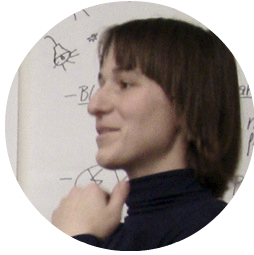 Nora Landkammer (ZHdK): “Putting universalizing notions of „art“ and „education“ in conflict.
Nora Landkammer (ZHdK): “Putting universalizing notions of „art“ and „education“ in conflict.
The international network Another Roadmap for Arts Education is an association of practitioners and researchers working towards art education as an engaged practice in schools, museums, universities and artistic/educational projects. They view arts education deeply embedded in social and political contexts – but also as a possibility to question and transform these contexts. Since its foundation, 22 research groups on 4 continents have entered the network, to work together in the Another Roadmap School: a) to analyse current policies and practices of arts education b) to critically assess the continuing hegemony of a colonial westernised Arts Education c) to plot alternatives and develop other paradigms for practice and research in Arts Education. Further information
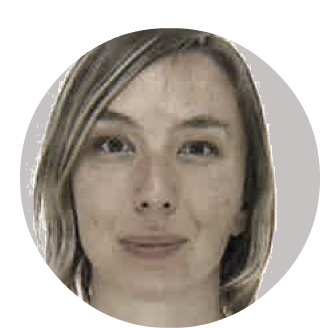 Agnieszka Dudrak (University of Neuchatel): “Depending on who we talk to, we justify our engagement in a different way…”
Agnieszka Dudrak (University of Neuchatel): “Depending on who we talk to, we justify our engagement in a different way…”
Agnieszka Dudrak is an anthropologist actually working as an assistant at the University of Neuchâtel in Switzerland. For two years, she lived in Georgia (2012-2014), where she collected data for her PhD in anthropology and collaborated with Anti-Violence Network of Georgia, a local NGO dealing with domestic abuse against women. In her research, she is interested in the social construction of public problems in the development context. In 2014, she co-authored the exhibition Supra of Her Own about the invisibility of gender-based violence against women in Georgia. In frames of the exhibition she collaborated with Tamuna Chabashvili, the Anti-Violence Network of Georgia, and the Independent Group of Domestic Violence Survivors “გესმით ქალის ხმა?!” (Do You Hear the Woman’s Voice?!). Further information
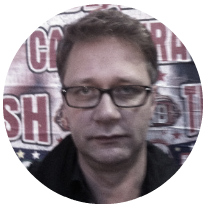 Francis Müller (ZHdK): “Presenting photographs of the South in the North: which ethics?”
Francis Müller (ZHdK): “Presenting photographs of the South in the North: which ethics?”
Dr. Francis Müller is a lecturer and researcher at the Zurich University of the Arts’ Department of Design. He teaches design anthropology, ethnography, and sociological theories of identity. He is a regular lecturer at the Universities of St. Gallen (HSG) and Liechtenstein and at the Universidad Iberoamericana in Mexico DF. Francis Müller also works as a journalist for Neue Zürcher Zeitung and is the chief editor of the magazine swissfuture that is edited by a member company of the Swiss Academy of Humanities and Social Sciences. He gave speeches at the Universities in Lucerne (Switzerland), Bayreuth and Berlin (Germany), Ahmedabad (India), Shanghai (China), and Tijuana (Mexico). Further information
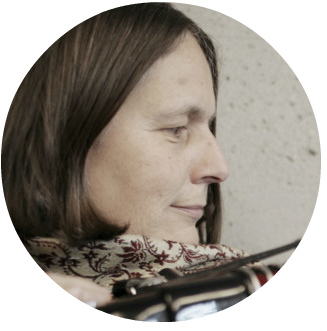 Elisabeth Danuser (ZHdK): “Music in multicultural groups: which cultural background do we relate to?”
Elisabeth Danuser (ZHdK): “Music in multicultural groups: which cultural background do we relate to?”
Prof. Elisabeth Danuser, is Head of the Center of Further Education at the Zurich University of the Arts (ZHdK). Until 2012, she was the director of the BA-programm in Music and Movement at ZHdK, focusing on music and movement training for people from 0 – 100 and people with special needs. In her research, Elisabeth Danuser focuses on Music and movement in schools and homes for behavioral problems and disabled children; creative project with people of all ages; training activities in the field of music and movement in education, special education and organization at home and abroad. She gives tranings for music teachers in projects with heterogeneously composed groups with children from different cultures in Switzerland and in Germany. She published on teaching music and movement, rhythm and class music, with special focus on working with groups in multicultural backgrounds. Further Information
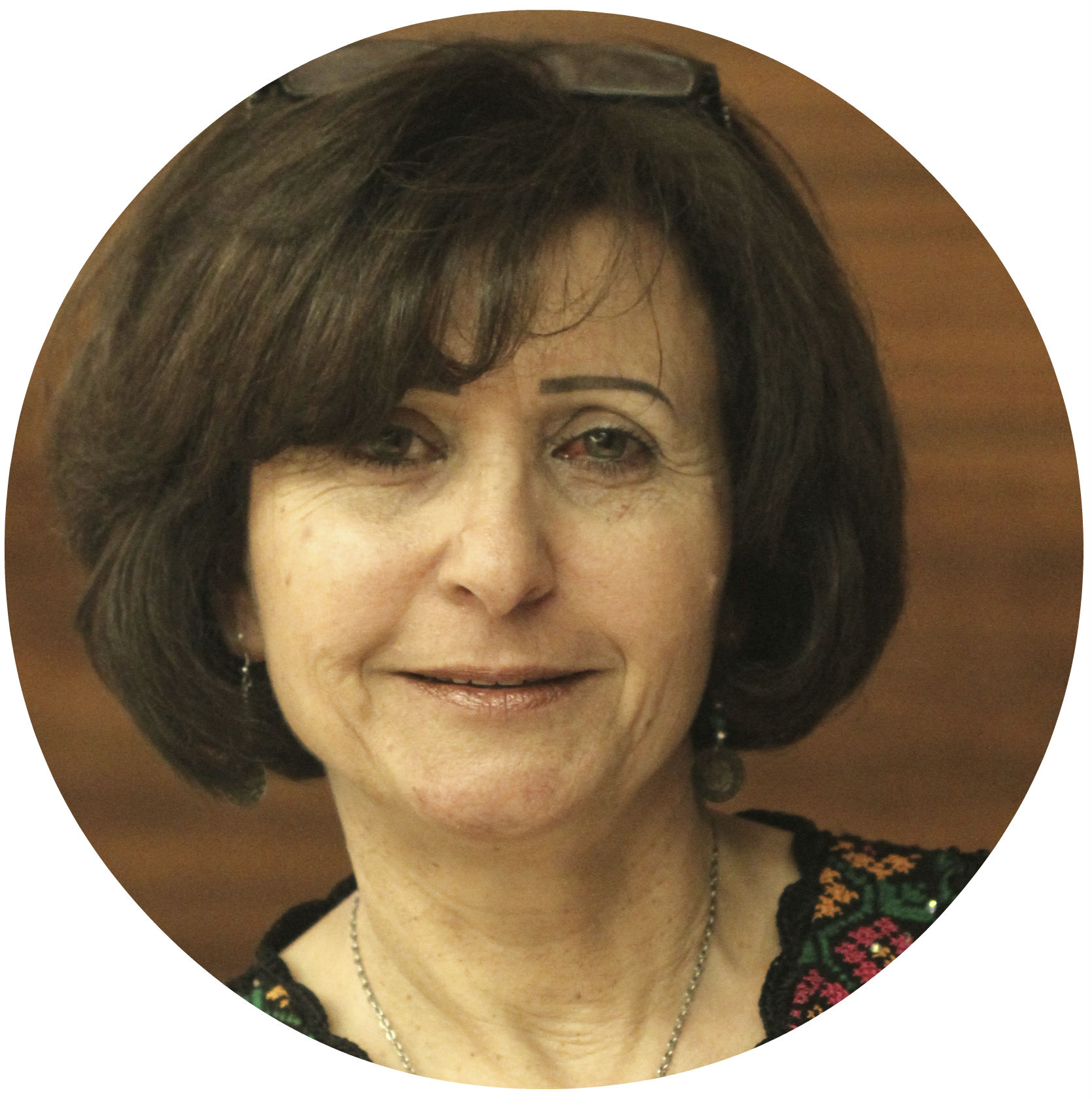 Ragheda Andoni (SDC, SCO Gaza and West Bank) presents: “Increasing civic participation and social accountability: Can cultural activities contribute?” Ragheda Andoni, National Program Officer at the Swiss Cooperation Office Gaza and West Bank (SDC) since 1997. Within SDC, in charge of SDC cultural program including grants making and monitoring, in addition to responsibility for IT, communications and contracts management. Has a long experience in management of social/cultural development programs and projects. Has a good knowledge of the cultural scene in the occupied Palestinian territory (oPt) including cultural stakeholders.
Ragheda Andoni (SDC, SCO Gaza and West Bank) presents: “Increasing civic participation and social accountability: Can cultural activities contribute?” Ragheda Andoni, National Program Officer at the Swiss Cooperation Office Gaza and West Bank (SDC) since 1997. Within SDC, in charge of SDC cultural program including grants making and monitoring, in addition to responsibility for IT, communications and contracts management. Has a long experience in management of social/cultural development programs and projects. Has a good knowledge of the cultural scene in the occupied Palestinian territory (oPt) including cultural stakeholders.
Further information about the following feedback asker will be published soon:
Sabine Jenni & Linda Pfenninger (artasfoundation): “Project participants: How to reach who you want to reach?”
Lukas Pairon (Music Fund): – to be defined –
Annemarie Bucher & Dominique Lämmli (FOA-FLUX and ZHdK): “Collaborative artistic processes and transformation projects: Criteria for best practice?”Mona Chirie Mijthab (ZHdK): “Cooperation: how not to create false expectations and hopes?”
Olivier Lechien (Fondation Hirondelle): “When songs aired on radio become a conflict tool…”
Maja Leo (artasfoundation): “From participation to self-organization: the case of a youth club.”
Mona Chirie Mijthab (ZHdK): Cooperation: how not to create false expectations and hopes?
Carte blanche
Moderated by Dagmar Reichert (artasfoundation)